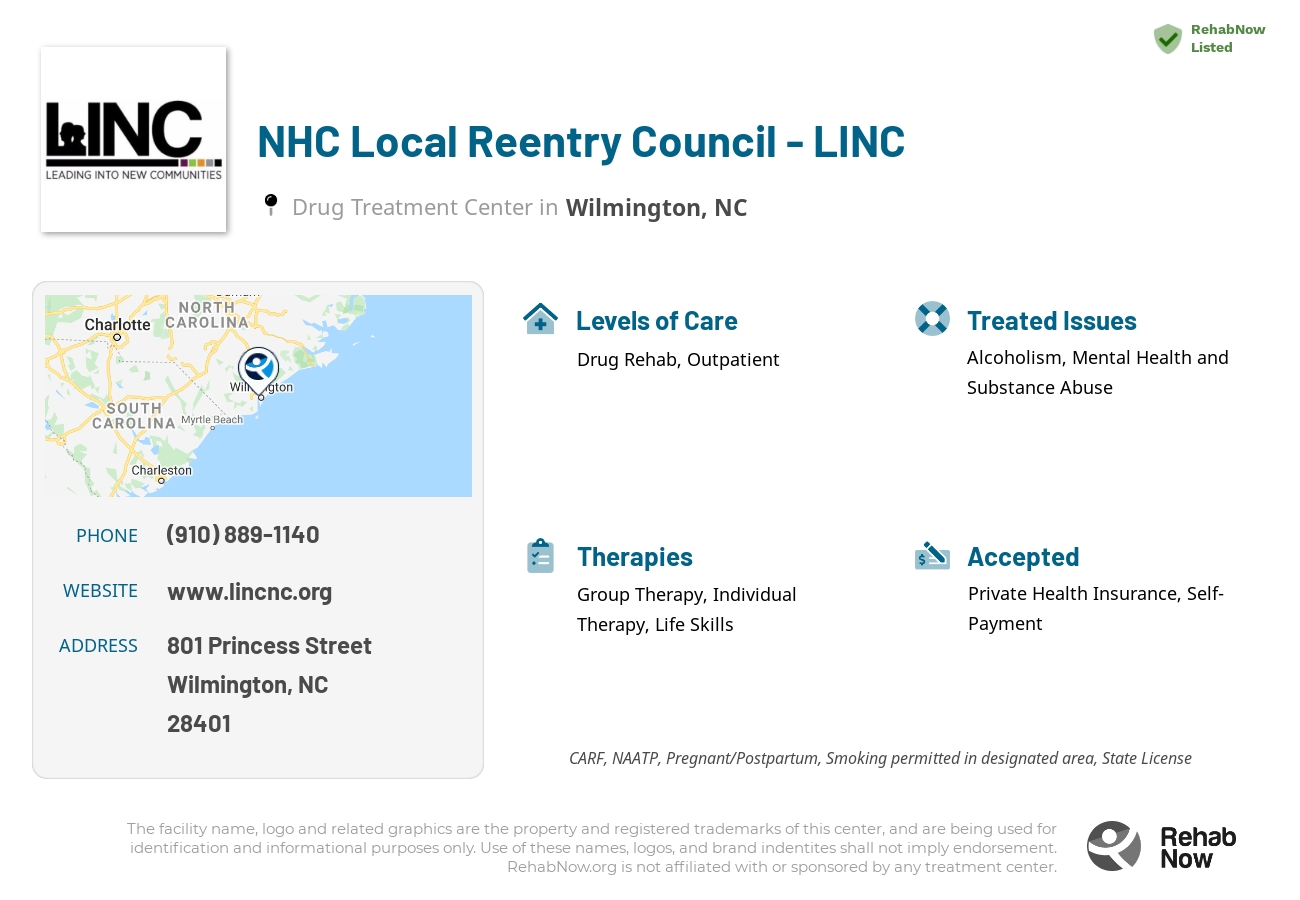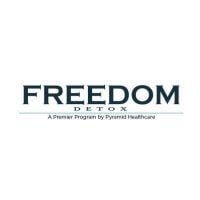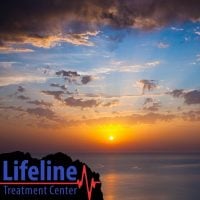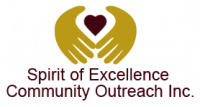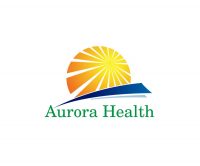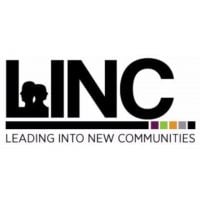
NHC Local Reentry Council - LINC
Drug Rehab Center in Wilmington, North Carolina
- Dual Diagnosis
- Drug Addiction
- Alcoholism
The NHC Local Reentry Council - LINC in Wilmington, North Carolina provides a wide range of services for individuals affected by incarceration, including housing assistance, employment counseling, educational support, and substance abuse treatment.
About This North Carolina Facility
The NHC Local Reentry Council - LINC (Leading Individuals to New Connections) is located in Wilmington, North Carolina. It is a facility that works with individuals who have been affected by incarceration in various ways. They offer a wide range of services including housing assistance, employment counseling, educational support, and spiritual and mental health resources. They are a certified member of the National Reentry Network and have the necessary licenses and accreditations from the National Bureau of Correctional Services and the NC Division of Prisons.
NHC Local Reentry Council - LINC provides comprehensive substance abuse treatment services, including individual and group therapy, addiction counseling, relapse prevention, and continuing care. They also have specialized programs for individuals struggling with addiction, such as the Batterer’s Intervention Program, the Recovery Aftercare Program, the Anger Management Program, and the Family Support Services Program. Their staff consists of certified and experienced professionals who are committed to helping people battle and overcome addiction and lead a better life.
Genders
Ages
Modality
Additional
Conditions and Issues Treated
Levels of Care Offered at NHC Local Reentry Council - LINC
This center offers a variety of custom treatment tailored to individual recovery. Currently available are Drug Rehab, Outpatient, with additional therapies available as listed below.
Outpatient treatment programs provide drug and alcohol addiction treatment through individual sessions with a counselor, group therapy, 12-step meetings, and other activities to help individuals gain sober living skills. Most programs are designed for those individuals who have completed a medically supervised detoxification program and provide opportunities for clients to begin the process of early recovery.
Outpatient programs also offer a level of medical support as needed and psychological backing through therapy. Clients are encouraged to live at home, though there may be some flexibility regarding this requirement based on the circumstances and needs of each patient.
Outpatient treatment is perhaps the most common type of dual diagnosis program available. It does not pose a significant financial burden on patients. However, it is essential to note that outpatient treatment does not provide the support and supervision given in residential programs. Some addicts may need this level of support to maintain their sobriety.
Therapies & Programs
Therapy sessions focused on the individual addict can provide much-needed guidance as they work toward overcoming their addiction. These types of sessions typically involve guidance from a therapist, who will help addicts identify and process their feelings and cravings.
During these sessions, addicts may develop plans for coping with the triggers that typically lead to relapse and learn how to avoid those triggers during their recovery process.
Different types of addiction treatment services are available. Within this article, group therapy is of interest due to its high success rate compared to individual therapy. Group therapy settings are beneficial because they allow recovering addicts to build a strong support network.
Benefits of group therapy are:
- Reduces feelings of isolation
- Immediate access to social support in the form of fellow addicts in recovery
- Lowers risk of relapse
- Increases rate of sobriety
- Builds coping skills that can be applied to everyday life
Those struggling with addiction in North Carolina can benefit from learning certain life skills. It is not as simple as quitting drinking or taking drugs and thinking that the hard part is over. Being sober means living a whole new way of life. Many recovering addicts have found that they need to develop talents like time management, organization, communication skills, socialization skills, and self-esteem to make their life in sobriety work.
Drug and alcohol addiction can lead to a breakdown in life skills. Learning certain life skills can help those who are struggling with addiction. Life skills training at NHC Local Reentry Council - LINC in Wilmington, NC teaches patients skills such as time management, budgeting, and social abilities to improve their quality of life and prevent relapse.
An addict’s life skills are maladaptive, meaning they are counterproductive. An addict may have learned poor time management skills growing up, have a hard time budgeting money, or be socially awkward. An addict’s poor life skills can lead to relapse and the inability to achieve long-term sobriety. Life skills training teaches patients effective coping mechanisms, which can help them live a clean and sober life.
Payment Options Accepted
For specific insurance or payment methods please contact us.
Is your insurance accepted?
Ask an expert, call (888) 674-0062
Additional Details
Specifics, location, and helpful extra information.
Wilmington, North Carolina 28401 Phone Number(910) 889-1140 Meta DetailsUpdated November 25, 2023
Staff Verified
Patient Reviews
There are no reviews yet. Be the first one to write one.
Wilmington, North Carolina Addiction Information
North Carolina ranks 29th in the nation for overall substance abuse. Many of the drugs abused in the state are illicit, and many of these are opioids. Prescription opioids are readily available due to the high rates of medical workers prescribing them. The number of prescriptions has increased tenfold since the 1980's. Opioid overdoses are the most common type of death in North Carolina.
Wilmington, North Carolina has been hit hard by the drug addiction and abuse epidemic. Opioids were involved in 59% of overdose deaths in Wilmington in 2017. 9 percent of the population struggles with drug addiction. From 2012 to 2016, the number of emergency department visits due to heroin abuse increased by 537%. If you or someone you know is struggling with addiction, please don't hesitate to reach out for help.
Treatment in Nearby Cities
- Lillington, NC (94.5 mi.)
- Clinton, NC (57.0 mi.)
- Pittsboro, NC (124.3 mi.)
- Hoffman, NC (106.8 mi.)
- Wake Forest, NC (124.8 mi.)
Centers near NHC Local Reentry Council - LINC
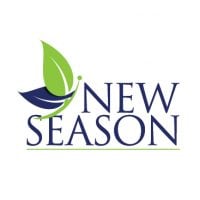

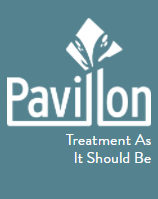
The facility name, logo and brand are the property and registered trademarks of NHC Local Reentry Council - LINC, and are being used for identification and informational purposes only. Use of these names, logos and brands shall not imply endorsement. RehabNow.org is not affiliated with or sponsored by NHC Local Reentry Council - LINC.

